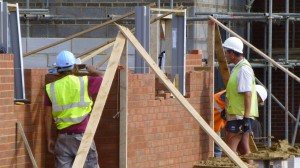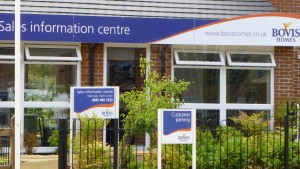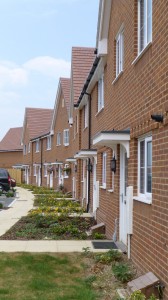The country is £1.2trillion in debt. The national debt has tripled in the last 10 years and the cost of interest to service this debt is the fourth largest cost to the country, behind education, welfare and health. The interest payments on the national debt cost each of the 30 million UK taxpayers more than £1,650 a year. Yet this Chancellor appears to have “spare money” to give to house builders? In a little under a year, according to figures from the Home Builders Federation (HBF), 55,000 reservations have been made using Help to Buy. Now the scheme has been extended to 2020, at the current rate around 385,000 new homes could be sold using the Help to Buy state-subsidy.
 The Bank of England interest rate has been stuck at 0.5% for five years now – the lowest rate for 300 years. Who has this benefited? The winners are – anyone with a mortgage they shouldn’t really be able to afford, companies looking for cheap debt and the government, which has been able to add to the national debt aided by the very low rates. Oh and those that own shares, especially house builders shares.
The Bank of England interest rate has been stuck at 0.5% for five years now – the lowest rate for 300 years. Who has this benefited? The winners are – anyone with a mortgage they shouldn’t really be able to afford, companies looking for cheap debt and the government, which has been able to add to the national debt aided by the very low rates. Oh and those that own shares, especially house builders shares.










